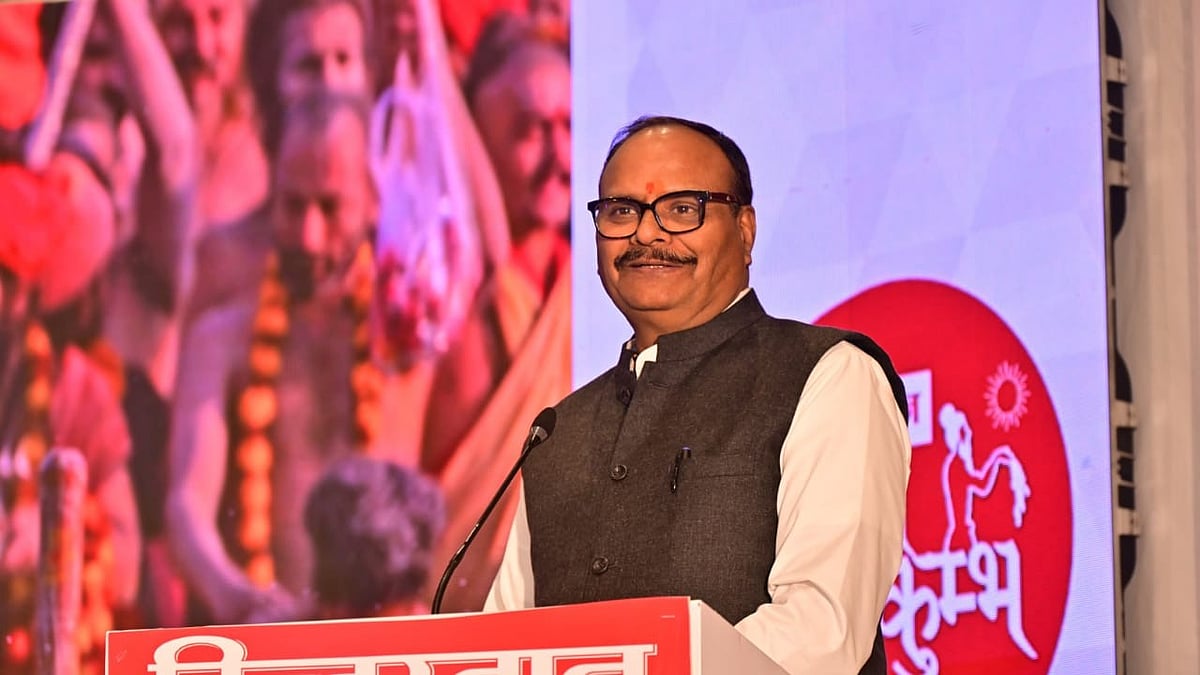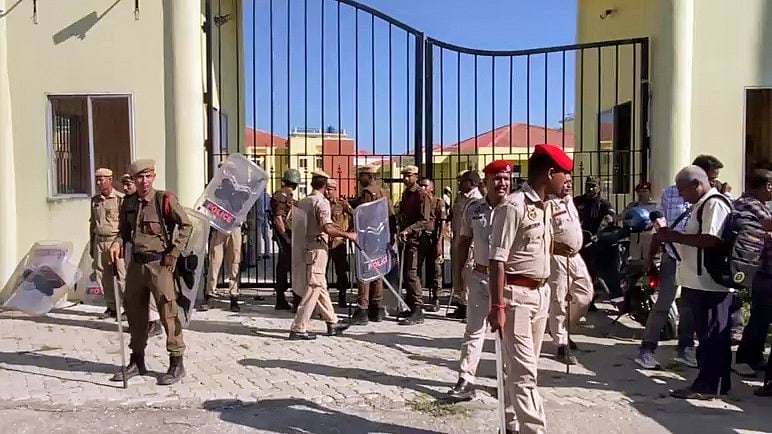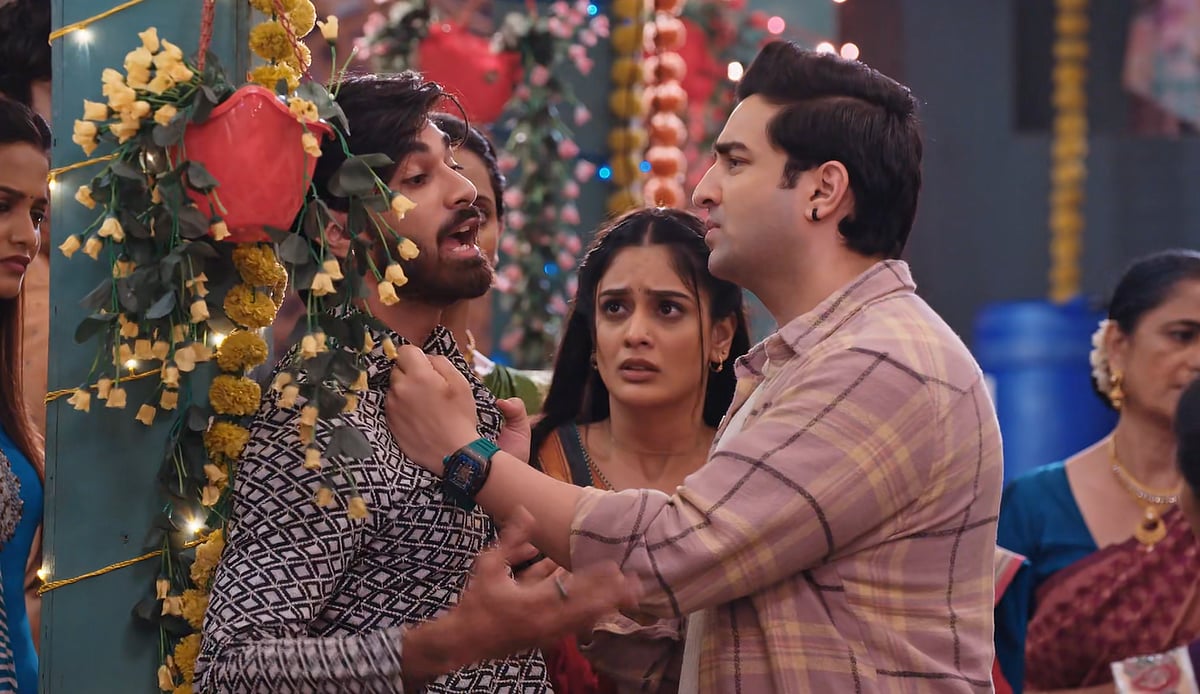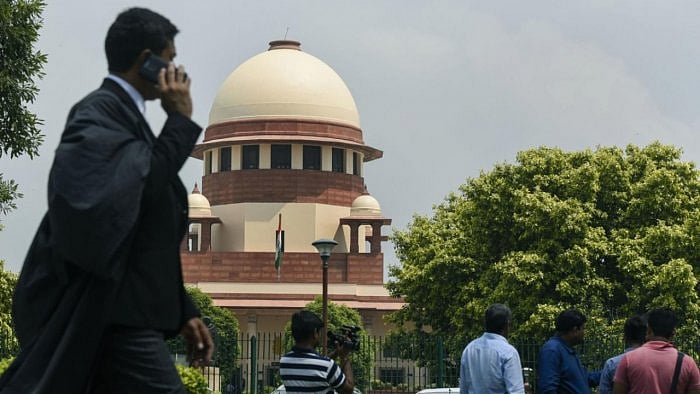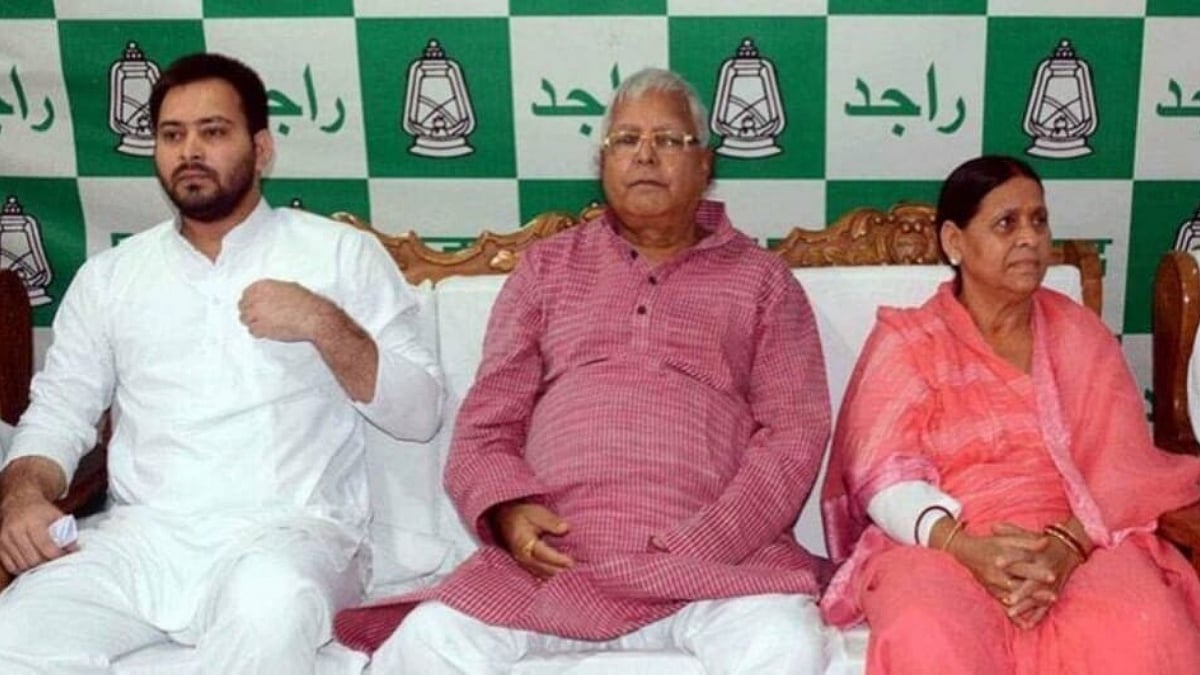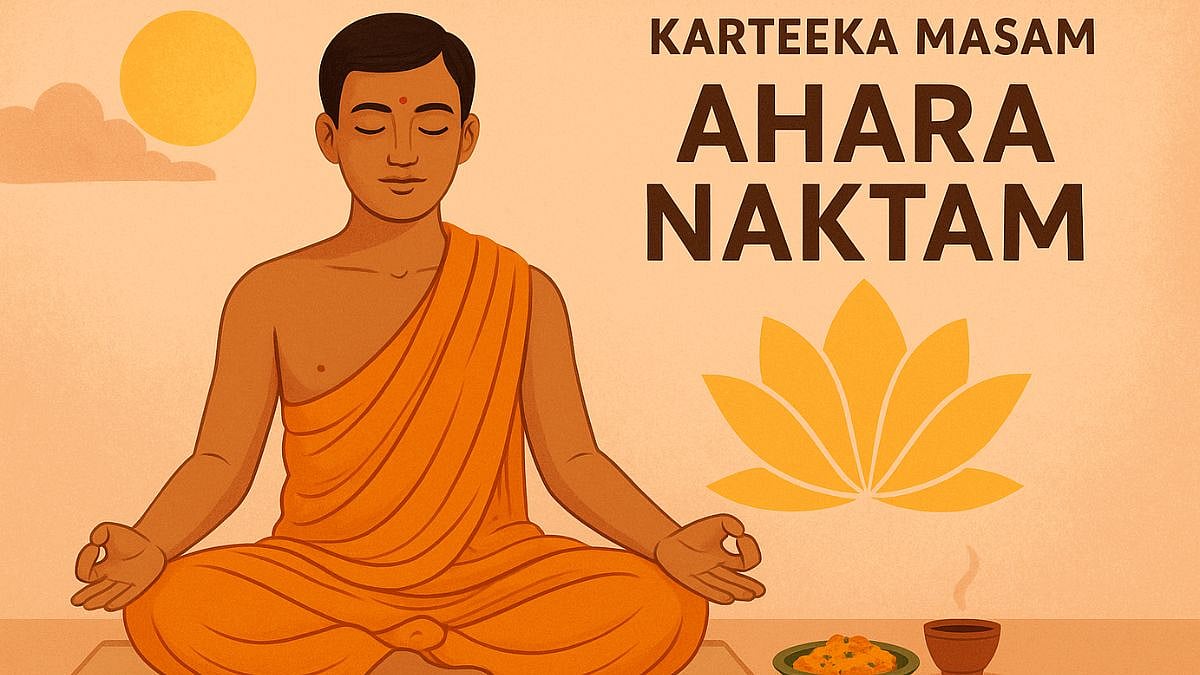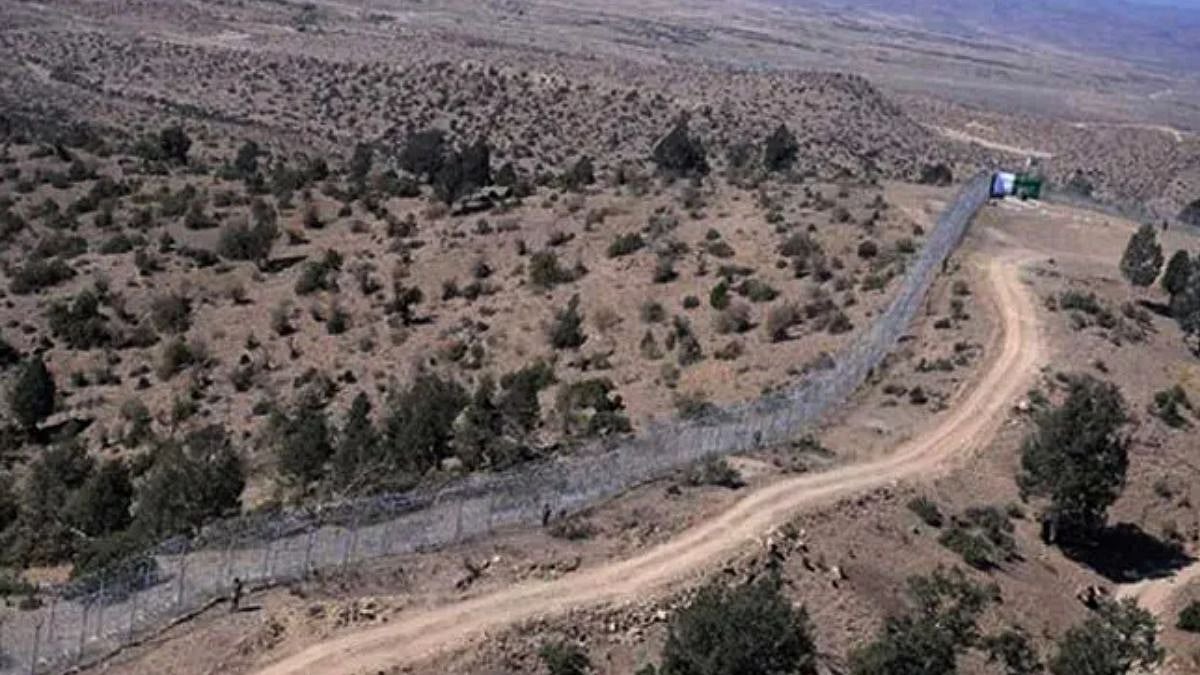During the various fierce discussions on the draft report of the National Register of Citizens in Assam, some angry MPs warned that the stateless status of nearly 40 lakh people presently resident in the state would escalate into a global problem.
They were not wrong. The high number of people that have, as yet, not been able to establish their Indian identity has obviously attracted international media attention. In addition, others unfamiliar with the history of a problem that has been festering since 1947 — and more so after the turbulence that led to the formation of Bangladesh in 1971 — are inclined to see the issue as yet another ‘humanitarian disaster’ that warrants international intervention and oodles of compassion.
However, dollops of international attention and lachrymose media coverage of a region that has remained fashionably on the margins will not detract from the fact that Assam’s NRC crisis is by no means unique. In the United States, illegal immigration has become a top-of-the-mind issue ever since President Donald Trump broke the conspiracy of silence during his election campaign of 2016. His threat to build a wall along the country’s border with Mexico may never materialise and will continue to the object of liberal derision. Yet there can be no doubt that the issue of illegal immigration, both from Mexico and elsewhere, is a subject of profound popular concern and is also accompanied by alarm over its long-term consequences. This includes the fear that far from being absorbed by the cherished American dream, illegal immigration could end up transforming the very character of the US.
Likewise in Europe, the flood of asylum seekers from West Asia and North Africa, has generated a crisis that threatens to tear the European Union apart. German Chancellor Angela Merkel’s astonishing generosity in accommodating some 1 million ‘asylum seekers’ was cheered by the very same people that have been demanding the Narendra Modi government brings out its hidden reserves of insaniyat and flaunts it before the world. However, ordinary Germans have not been as open hearted as their Chancellor and the reverberations of the 2015 gesture has resulted in the two main political parties losing ground to parties that are not afraid to articulate popular fears.
Germany’s misplaced generosity, far from ending the problem, has only served to make Europe a magnet for large numbers of people who were cursed by an accident of birth into having to live in the strife affected zones of West Asia and elsewhere. Rather than sharing the burden with Germany, most of the member states of the EU have quite flatly refused to accommodate new asylum seekers.
The erstwhile members of the socialist bloc have been the most adamant on this point and they have quite openly said they care two hoots about the ‘values’ the EU ideologues seem to swear by. Hungary’s pugnacious Viktor Orban has led the charge, along with Poland. Indeed, politicians in Budapest have made no secret of the fact that the values the asylum seekers bring with them are totally incompatible with those of Christian Europe.
One of the big problems with the dominant strands of the media and political discourse in India is their detachment (and unfamiliarity) with the mood in Assam. Confronted by a demographic shift that has jeopardised the cultural and linguistic character of Assam, the people of the state have been agitating since 1978 to persuade the national political establishment to acknowledge the problem and do something about it. The Assam Accord of 1985 set March 25, 1971, as the cut-off date to determine Indian nationality and its signing was widely welcomed. However, the identification of illegal immigrants kept getting pushed back, not least because large numbers of them have now become voters and influence the course of the elections. At the risk of only the tiniest exaggeration, it may be said that until the BJP led by Sarbananda Sonowal came to power in 2016, those in favour of empowering illegal immigrants exercised a veto over politics. It was the alliance of the Assamese-speaking Brahmaputra Valley and the Bengali-speaking Barak Valley that finally prevailed over the old veto in 2016.
The argument proffered by the opponents of the NRC exercise that it is impossible to push back the illegal immigrants into a neighbouring country is broadly correct. This is recognised in Assam, too. But that does not mean that the integrity of Indian democracy should be compromised by the involvement of non-citizens. The longer term consequence of a rigorous final NRC is that all non-citizens should have their names deleted from the electoral rolls. This is bound to be resisted fiercely by a section of the Opposition and even challenged in the Supreme Court. In addition, there will be a section that will want to accommodate Hindu migrants.
Whatever the pressures, the government must be seen to be inflexible on this limited point. Assam has demonstrated extraordinary generosity in accommodating the victims of Partition but there comes a point when it can take no more. That point has been reached and it is important to show the Assamese-speaking people that their concerns are being taken on board. This, in turn, will have an impact on states such as Meghalaya and Arunachal Pradesh that, too, are witnessing anxieties over illegal immigration by suspected non-Indians.
Finally, just as the inner-line permit has helped to preserve and protect the social character of many North-eastern states, there is a case for restricting ownership of land in Assam to state subjects. This may allay some of the concerns resulting from the demographic shifts, although this has to be weighed against a possible impact on economic growth.
The draft NRC has triggered a debate on Assam that was overdue. It can now become the trigger for initiating moves that are aimed at showing the nation’s concerns to its citizens first.
Swapan Dasgupta is a senior journalist and Member of Parliament, being a presidential nominee to the Rajya Sabha.


